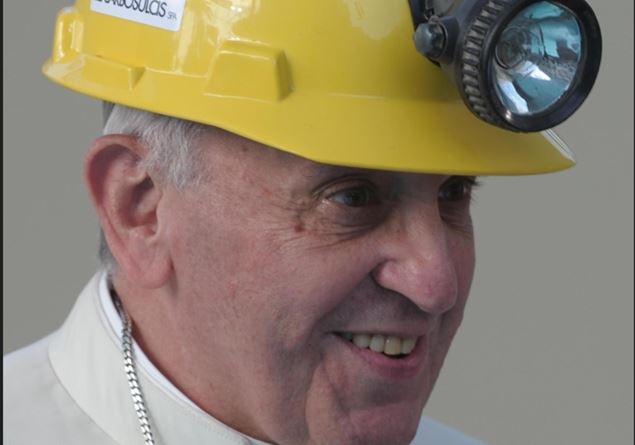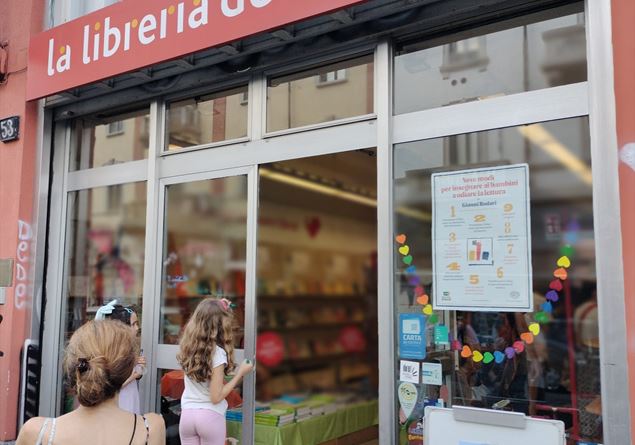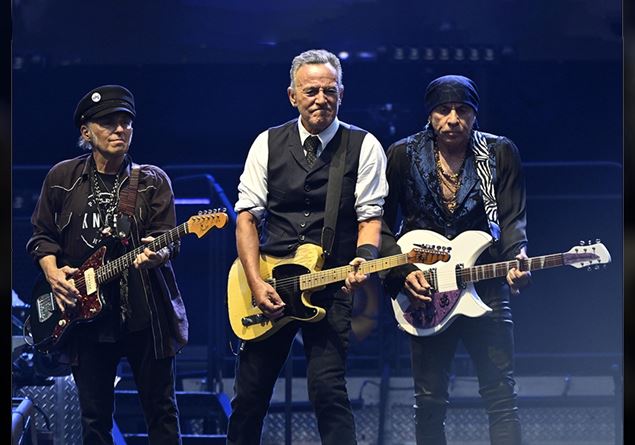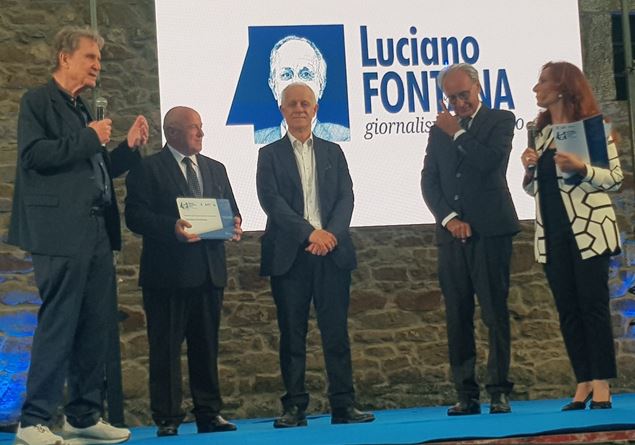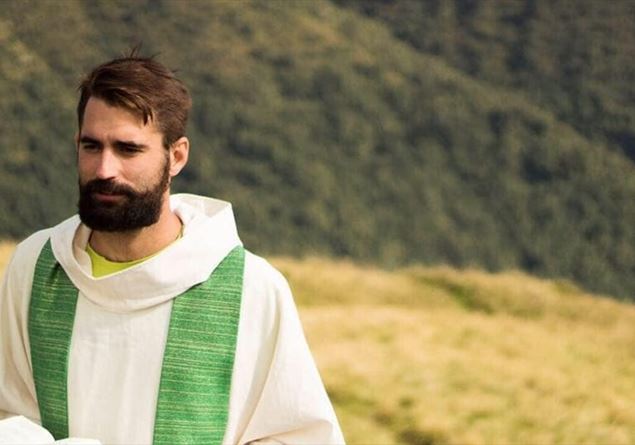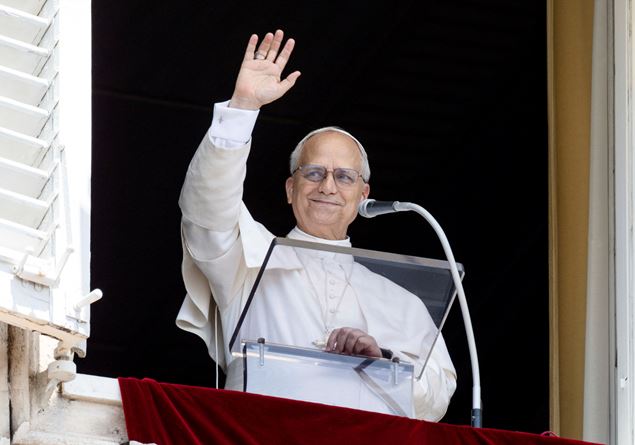“This capitalist economy kills” is one of the strongest phrases used by Pope Francis during his mandate. On the socio-economic aspect the late Holy Father never pulled back and placed the themes of work and economy at the center of his pontificate, more than all his predecessor has done. The established economist as well as former president (upon decision by Bergoglio himself) of the Pontifical Academy of Social Sciences, Stefano Zamagni illustrates the fundamental points of the economic doctrine managed under the last papacy. «The previous Popes lived the last phase of modernity. Francesco operated in post-modernity. The difference is enormous. Until recently, the social doctrine of the Church was limited to reporting the mistakes made and tried to soothe the life misfortunes of the last. This papacy has passed further. Francesco intervened on the causes generating injustices and then remedy it. He has always decided to intervene on the causes and not only on the consequences », explains the professor.
The 2015 encyclical Laudato Siithe second written by Pope Francis, is perhaps the first and most important document of the last pontiff on the subject of economic doctrine. Hence the reasoning on the difference between “market economy” and “capitalist market economics”. In fact, a word is enough to make the two concepts take a very different value. “Laudato Sii It is an encyclical with concrete proposals and solutions. There is not only the request to be all brothers. The Pope said he was in favor of the market economy, but not precisely this market economy that kills. The simple market economy was designed by the Franciscans between 1300 and 1400 and this Francesco knew it well. And it is different from the capitalist one, which has become such in 1600. The simple market economy has the purpose of the common good. Capitalism did not generate good results but has created many other problems. He brought inequality, destroyed the environment and created the paradox of happiness », clarifies Zamagni.
Closely connected to this speech there is also the one on the so -called “trilemma of sustainability”. In fact, Pope Francis in the last ten years has always underlined the importance of an ecological economy not only based on an environmental level. And often there was no lack of unjust accusations against him to be “Marxist”. But there is nothing about materialistic or Marxist in the social doctrine of the Pontiff. The polar star has always been the social doctrine of the Church of his predecessors, starting with Pope Leo XIII and the Rerum novarum. “The pontiff went on his way and has always insisted on the creation of an ethical economy, an economy of the journey. The Pope says that there must also be an integral economy. I.e. considering in the same way environmental, social and economic sustainability. If you aim only to the environmental, the situation worsens. The Pope has always tried to solve this trilemma and launched this idea first. According to Francesco’s legacy on the theme, solidarity and social aspect must be put in the foreground or at least not neglected. Scientists, for example, who are often absolute genes, think only of how not to pollute and do not ask themselves doubts about the rest », continues the economist.
Then Zamagni underlines how the Pope has found the importance of a multilateral approach in the issues of world politics. And this has always gone against the unilateralism of large countries like the United States. «We must consider that the World Organization model formed at the end of the Second World War has been transformed. The old unilateral model saw the US who dominated the world. Today this is not possible and the Pope knew it. In recent years the Global South has been established. The set of at least 11 states between third world and developing countries. The global South represents 60% of the world population. At the head there are China, India and South Africa », observes Zamagni. «In the current world you need a model with multiple decision -making centers. Trump is trying to recover unilateralism. The duties, to give the best known example, of course they are a mistake. Trump knows it, but he does it on purpose. The goal of the American president is political and non -economic. In the last thirty years, if you notice, there have been more wars than in the previous five centuries. And war is the consequence of the desire for unilateralism ».
Finally Zamagni focuses on the near future and on the immediate choice of the new pontiff: «There are several heirs worthy of Francesco. Those who are a believer then know that there is the industrious hand of the Holy Spirit. A pope equal to Francis can not be there, no person is the same as another. But surely the hope is that a pontiff is elected who intends to carry on the path traced in the last thirteen years ».





